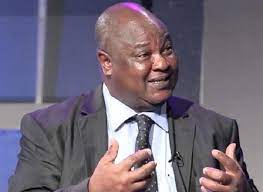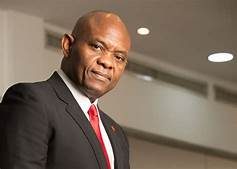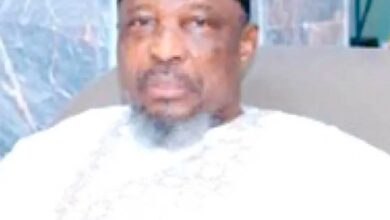Nigeria Should Grow its Non-Tax Revenue and Issue Interest-Free Debt in 2022 – Ayo Teriba

As Nigeria navigates 2022 described as a “Pre-election Year” in the country, fiscal policy authorities have been advised to grow the non-tax revenue base and prioritize issuing debts that are non-interest bearing. Dr. Ayo Teriba, an economist and Chief Executive Officer (CEO) Economic Associates (EA), stressed this while providing his perspective on issues round “The Fiscal Policy Realities for Nigeria in 2022”.
According to him Nigeria is facing a revenue challenge by choice and has been self-imposed, by not adopting critical economic reforms since 2015.
Looking at the state of the economy he said that recession, devaluation and the effects of the pandemic adversely affected incomes and corporate profits, which is why growing tax revenue at the moment is a wrong approach.
He said Nigeria stands to gain more from non-tax revenue, which means generating income from idle assets. This according to the him also entails listing corporate assets in the capital market.
Teriba noted that globally countries are gaining more from balance sheets than income statements. He added that value enhancement gains are proving to be better than transactional gains.
He believed it was time for Nigeria to stop growing the wrong type of revenue and issuing the wrong type of debt.
“Nigeria needs to grow non-tax revenues and only issue interest-free debt. Currently the nation is facing the challenge of debt cost management”.
The CEO, Economic Associates, urged the Nigerian fiscal authorities to link revenue generation and debt issuance with the country’s assets.
He further noted that “Nigeria faces both a revenue challenge and a debt cost problem. Avoidably high debt costs are encroaching on the little revenues we have, and that should not be the case. Nigeria needs to replace interest-paying debt with non-interest debt in its debt portfolio”.
“Non-Tax revenue has the capacity to experience a boom during the period of recession, devaluation and a pandemic-induced economic slowdown. On the other hand tax revenue cannot experience increase given the same conditions” – Teriba added.
On the debate around the proposed removal of subsidies in the petroleum sector and electricity market, Teriba believed it was a political-economic decision that had huge implications.
He said citizens would play a key role in deciding whether the government could take such decisions, because the government must take into consideration the interest of Nigerians.




